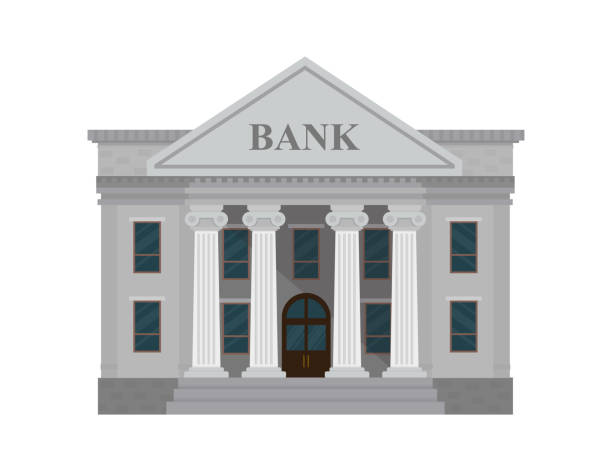Institutions that match up savers and borrowers help ensure that economies function smoothly
YOU’VE got $1,000 you don’t need for, say, a year and want to earn income from the money until then. Or you want to buy a house and need to borrow $100,000 and pay it back over 30 years.
It would be difficult, if not impossible, for someone acting alone to find either a potential borrower who needs exactly $1,000 for a year or a lender who can spare $100,000 for 30.
That’s where banks come in.
Although banks do many things, their primary role is to take in funds—called deposits—from those with money, pool them, and lend them to those who need funds. Banks are intermediaries between depositors (who lend money to the bank) and borrowers (to whom the bank lends money). The amount banks pay for deposits and the income they receive on their loans are both called interest.
Depositors can be individuals and households, financial and nonfinancial firms, or national and local governments. Borrowers are, well, the same. Deposits can be available on demand (a checking account, for example) or with some restrictions (such as savings and time deposits).
Analysis
Yes, I know what a bank is. But there are a lot of things that banks do that I don’t have experience with just yet! And this article helped outline a lot of those things. The Huntington prompt is to reimagine day-to-day banking. So, what is day-to-day banking? It’s depositing your cash to gather interest, taking out loans to cover large purchases to eventually pay back with interest, and protecting your funds. Bank depositors and borrows can be individuals, but they can also be small businesses and corporations. Banks essentially create a standard system in which money can be stored to help customers either store and gain interest on their fortune, or lended to help those same customers afford larger purchases (like a home). They get more complex than that, but at the end of the day, that’s what banks do. They keep your money safe and help you pay for stuff when you need it. They, of course, profit off this service through interest and investment, but the bottom line is that they are a service for people/companies to place their money.
It might seem weird that I need to establish this for my research, considering that I’m a young adult who has a bank account and has had that account for some time, but laying out the basis of the “problem” I want to look at helps establish what I do and do not know, and how I’ll discover what I need to know.
Source
Gobat, J. (2012, March). What Is a Bank?. Finance and Development. https://www.imf.org/external/pubs/ft/fandd/2012/03/basics.htm




